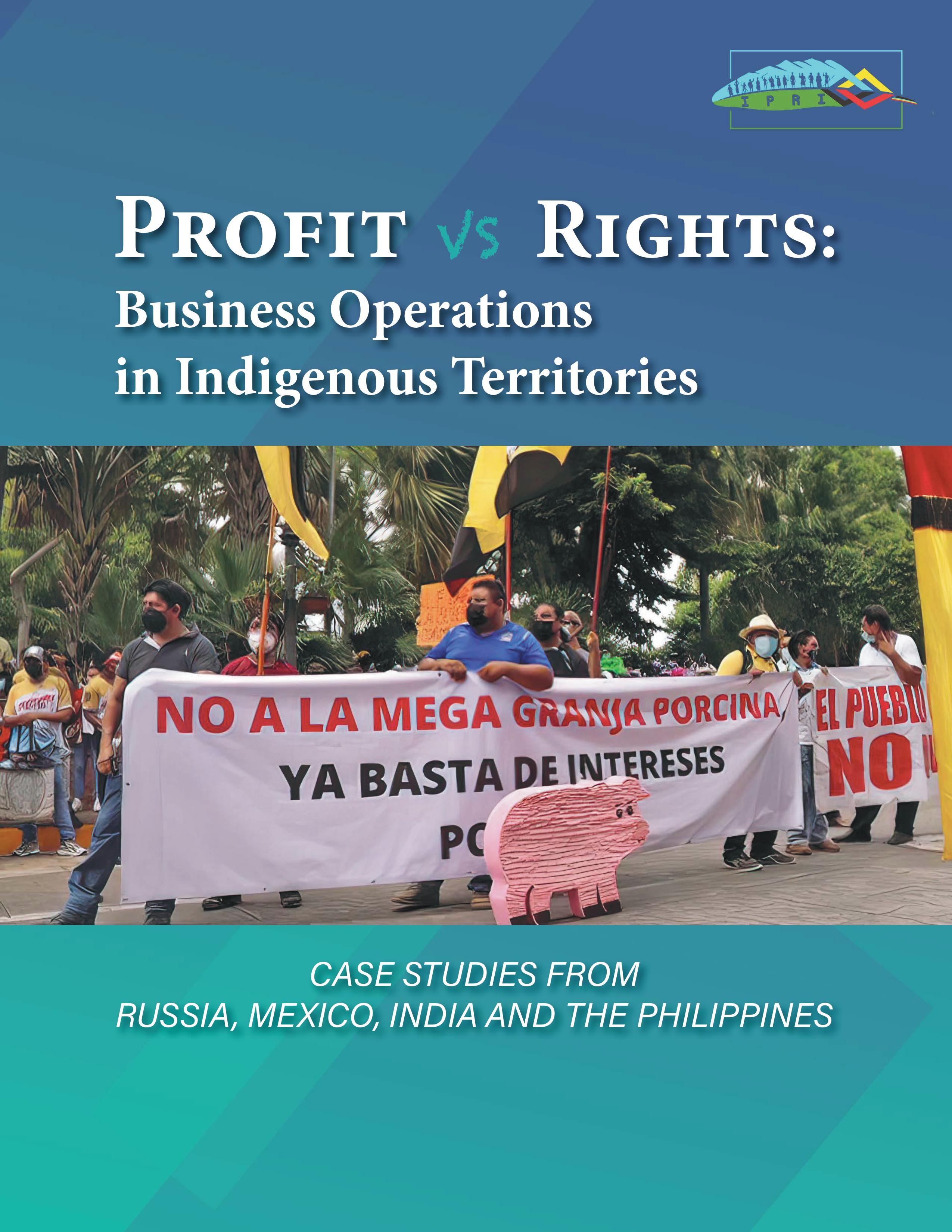Overview: Profit vs Rights
Large-scale business operations affecting the traditional territories of indigenous peoples are one of the main sources of violations of their individual and collective human rights. International and regional human rights bodies have repeatedly expressed deeps concern about the impacts of these activities. United Nations (UN) Special Rapporteurs on the rights of indigenous peoples (UNSRRIP) highlight that most of the reported allegations of violations of indigenous rights occurred in the context of business activities.
Indigenous peoples have a special relationship to their lands, territories and resources, on which they depend not only for their livelihoods but also for the maintenance of their social structures, culture and spirituality. Large-scale and other business operations, whether extractive industries, infrastructure, or agribusiness, for example, may lead to the degradation or destruction of their traditional territories, including sacred sites, and to forced displacement, all of which seriously jeopardizes their survival as distinct peoples. Moreover, indigenous opposition to the proposed developments and complaints about the violation of their human rights often is responded to with violence and criminalization.
Indigenous peoples have a special relationship to their lands, territories and resources, on which they depend not only for their livelihoods but also for the maintenance of their social structures, culture and spirituality. Large-scale and other business operations, whether extractive industries, infrastructure, or agribusiness, for example, may lead to the degradation or destruction of their traditional territories, including sacred sites, and to forced displacement, all of which seriously jeopardizes their survival as distinct peoples. Moreover, indigenous opposition to the proposed developments and complaints about the violation of their human rights often is responded to with violence and criminalization.



